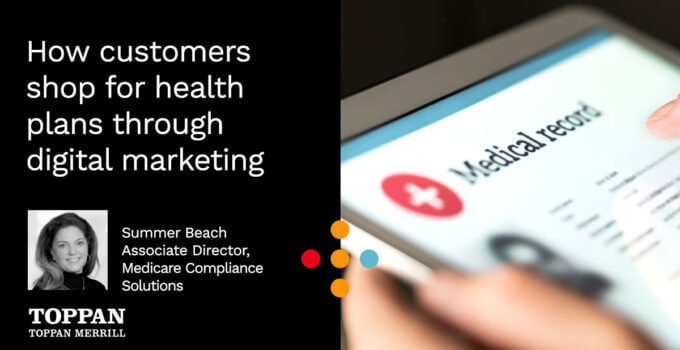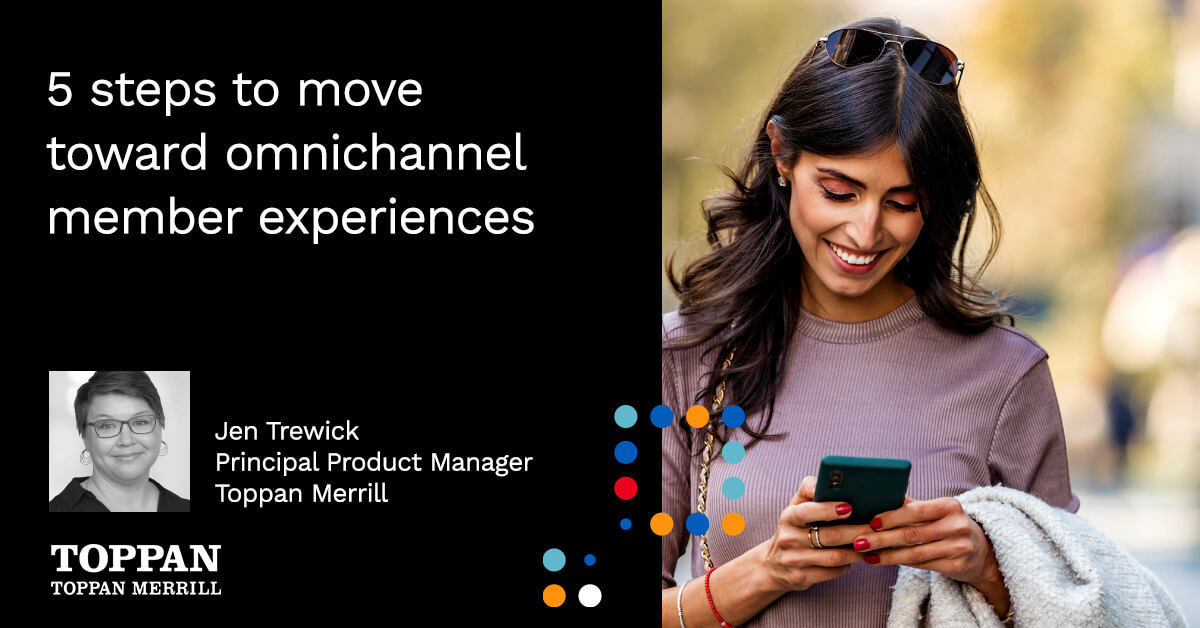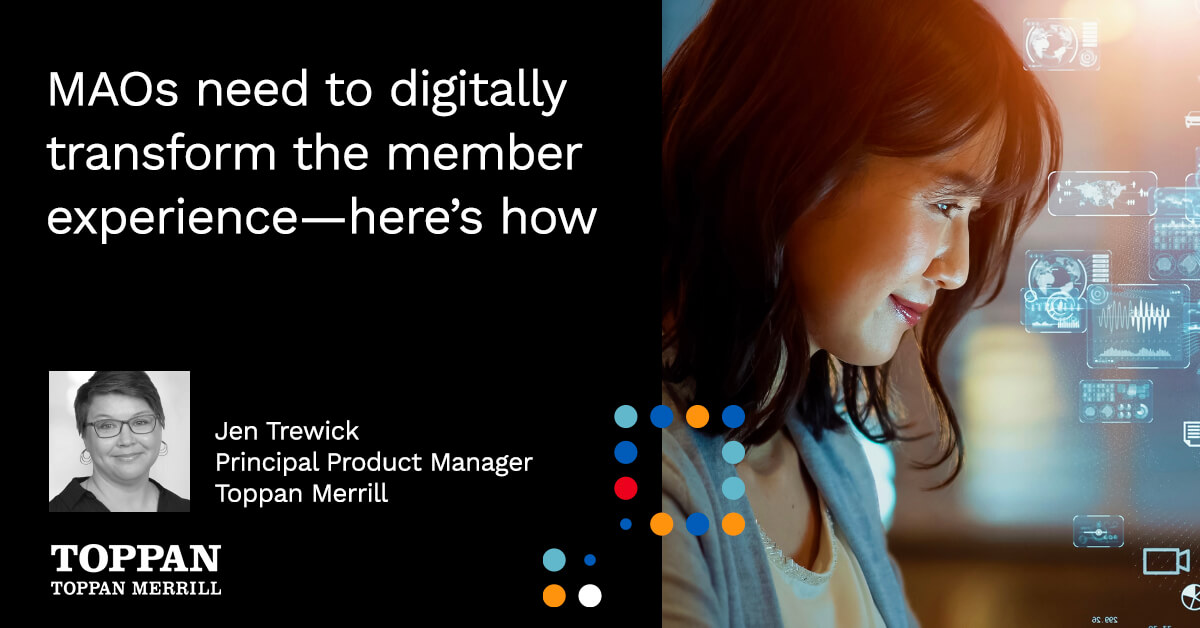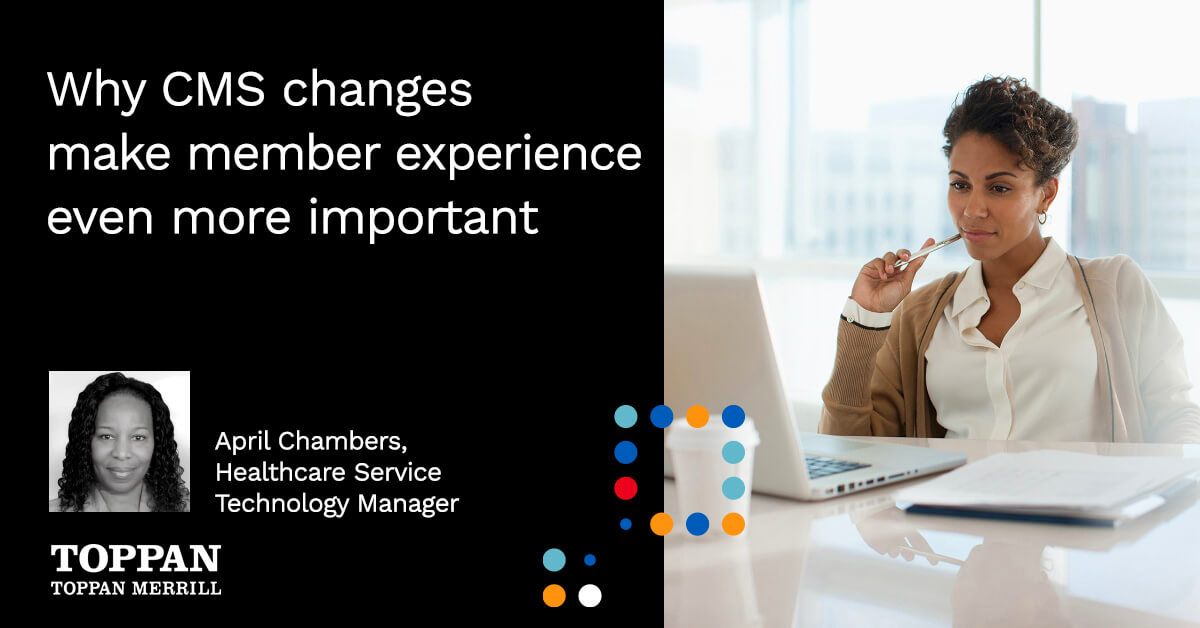The growing popularity of mobile apps and digital platforms is challenging many Medicare Advantage (MA) plans to rethink their digital marketing strategies. As a result, the manual processes of enrollment, sales and marketing presentations are now increasingly digitized and automated.
To effectively connect with clients, health plans need to develop a digital retention and lead generation strategy to target adults aging into Medicare eligibility. Timing is a critical factor in the development of any digital marketing campaign. Unless a current enrollee has special circumstances, the Medicare Advantage Annual Enrollment Period (AEP), identified each year with specific October to December timeframes, is the only time of year MA enrollees are allowed to switch plans for the coming year. This creates a very small window of opportunity for MA plans to attract new Medicare Advantage enrollees. Competition during AEP is fierce, and media is flooded with health plans advertising their Medicare Advantage plan options to the same consumers.
It is essential in this competitive landscape to deeply understand the shopping habits of eligible persons, in order to influence consumer choice. To support your marketing strategy and campaigns for greater engagement, we’ve identified shopping characteristics of the MA consumer group, desired features, how digital tools are supporting consumer movement to plans – and regulations around promoting MA plans.
How the 65+ consumers shop for health plans
The majority of MA business likely comes from existing customers.
A recent Boston Consulting Group (BCG) study determined that 40% of MA customers who are 65+, prioritize provider continuity primarily because they are managing ongoing health conditions, and want to avoid the inconvenience of switching plans.
While health plans traditionally focus on annual growth through new acquisition, BCG’s statistics reveal it is equally important to establish a strong member retention plan. Strategies for retention include checking in with existing beneficiaries and ensuring their awareness of current plan benefits, as well as understanding benefits, they may be able to add.
The second largest segment of MA customers are those looking for the most affordable and best deal on their health plan, according to BCG. This customer segment represents 30% of the Medicare market, and they are more likely to shop and search for plan features including vision, dental and cash benefits.
According to BCG research, the priorities of MA plan holders are:
- Affordability
- Access
- Continuity
- Convenience.
Additional priorities include brand reputation, and the availability of supplemental benefits including prescription, dental and vision coverage. Easy access to healthcare answers also factor into plan retention and selection.
How do MA customers expect to engage with health plans?
The majority of MA customers prefer to use digital platforms to communicate with healthcare providers.
Digital platforms
According to a report by McKinsey Global Institute, 85% of Medicare members said they have used or will consider using digital technology when engaging with health plans. This was supported by analysis from the Pew Research Center (Pew), which revealed the majority of seniors engaged with digital platforms.
The Pew findings also revealed that although adults 65+ were less likely to use apps and social media websites than younger persons, the digital gap between adults under 30 and over 65 is narrowing. In fact, 61% of adults 65+ own a smartphone, 45% report using social media and 75% said they were internet users as reflected below.

Mobile devices
While the Pew study found the majority (61%) of individuals 65+ own a mobile phone, the study also revealed 83% of participants ages 50 to 64 own a smartphone and fewer, only 53% of respondents, own a tablet. This data drives home the importance of health plans ensuring websites and communications are created to optimize for mobile and tablet devices.
Mobile apps
Some studies suggest that while the majority of seniors own a smartphone, there is still a disconnect when it comes to using health-related apps. A study by the Institute for Healthcare Policy & Innovation at the University of Michigan shares that only 44% of people between the ages of 50 to 80 had used a health-related app on their smartphone, wearable device or tablet. Of those that have used a mobile app, only a quarter of study respondents have shared information from their apps with their healthcare providers.
Social media
While a growing number of seniors are using social media, the vast majority of them are using it for personal reasons independent of health care.
Research from Sage Age showed that the majority (60%) of seniors engage with social media, while 18% follow companies on social media.
Accessibility
As these studies reflect, accessibility is a high priority for the majority of consumers comparing MA plan options. Specifically, those in the 65+ bracket prioritize having easy access to their providers, flexible networks and care. According to BCG, this age bracket also seeks additional benefits including guaranteed access to on-demand services, curated experiences and telehealth services. Ultimately, any benefit that makes it easier to access the right care is highly valued.
Health plan regulations
Medicare has an extensive list of guidelines that govern the way health plans may (or may not) promote their services to MA beneficiaries, including traditional methods such as door-to-door sales, postcards, banners and billboards.
For example, over the years CMS has implemented various disclaimers that must be included with print and media advertisements dependent on benefits content, intended messaging and the target audience (members vs. prospective enrollees). The rules are complex, and also change between the medium of delivery.
However, certain forms of digital media require an individual’s advance permission to initiate contact through some methods and must include a way for opting out of future communications. CMS’ marketing regulations are constantly being updated. To avoid non-compliance, it is critical that your organization monitors the CMS Medicare Communications and Marketing Guidelines, and related memo updates. Requirements and prohibitions surrounding the use of marketing and mobile apps are still in their infancy, as these tools are relatively new to the health care arena.
Using digital platforms to connect with beneficiaries
The majority of persons age 65+ use digital platforms to engage with health care providers and other services, but research suggests that health plans are still slow to catch up. The Trends in Healthcare Payments Report, from payment providers InstaMed, found that the majority of health plans (75%) are still using outdated, manual processes to engage with beneficiaries.
It is clear health plans need to adapt and find new ways to engage with an increasingly tech-savvy aging population.
Although the 65+ population is adopting technology at a slower rate than adults under age 40, the data indicates platforms including email, social media and mobile apps are used by the majority to stay connected. The challenge for health plans is to creatively tap into those platforms in a way that appeals to their target audiences.
Health plans that fail to keep pace with the growing demand for easy-to-understand digital services are likely to lose out.
How Toppan Merrill can help
Toppan Merrill helps health plans with document creation and management optimize assets for physical print and digital delivery across platforms and devices.
We offer guidance for the simplification of complex documents, such as the Summary of Benefits and Coverage, by breaking this document content down into a manageable series of collapsible sections that focus on highlighted benefits. This improves access for members, enabling them to quickly find the information they need instead of sifting through lengthy documents or legal paperwork.
Accessibility was identified as one of the main MA buyer priorities when shopping for health plans. This is why Toppan Merrill is committed to finding functionality and new solutions to help vulnerable audiences improve their understanding of complex medical documents.
Learn more about these solutions by visiting ToppanMerrill.com.



